Indigenous Governance Database
elections
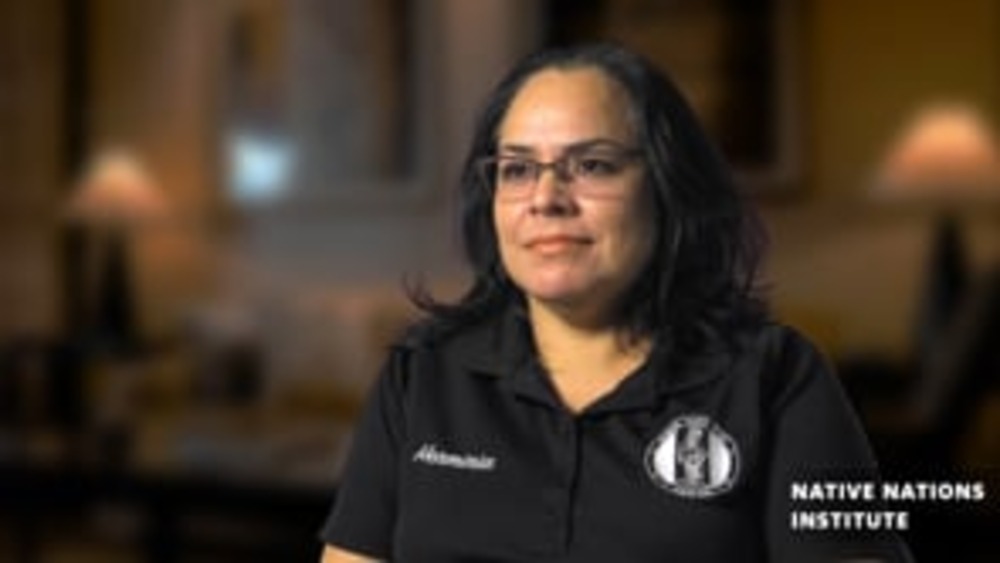
Herminia Frias: Working Toward Effective Native Leadership
For years at Pascua Yaqui Tribe, Herminia Frias has remained a consistent leader in tribal government. She became the first woman elected Chairwoman and youngest to serve the position. After a contentious term with the tribal council, she was removed from office but then immediately returned to…
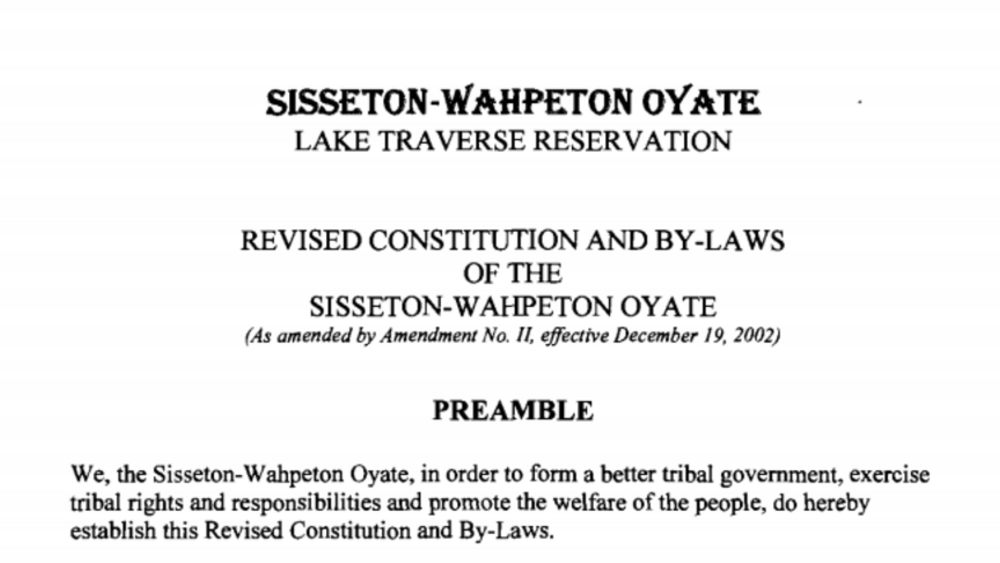
Sisseton-Wahpeton Oyate: Elections Excerpt
ARTICLE V - NOMINATIONS AND ELECTIONS SECTION 1. The first election of the Council under this Revised Constitution shall be called, held and supervised by the present Council within one hundred twenty (120) days after its approval. Successful candidates at this first election shall assume…
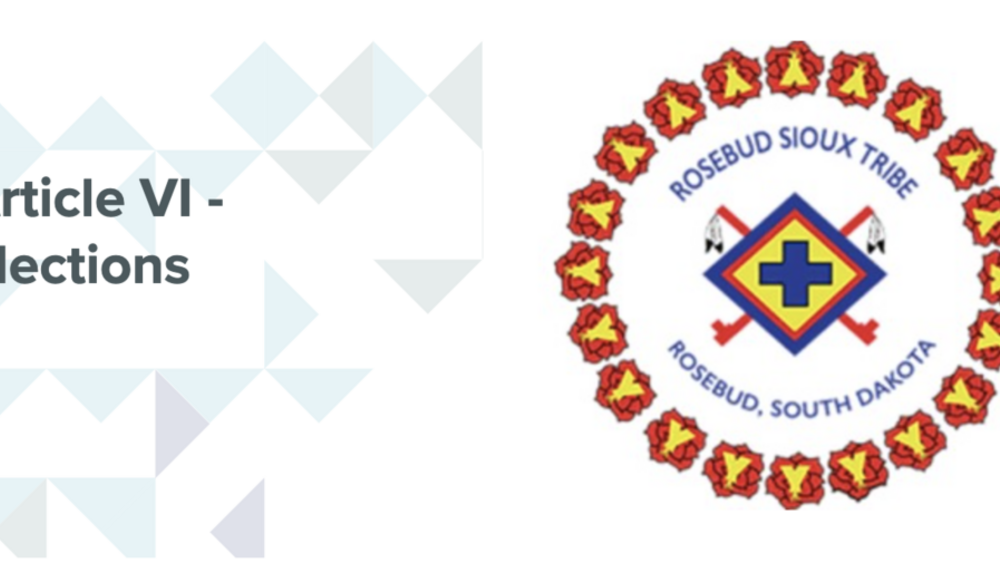
Rosebud Sioux Tribe: Elections Excerpt
Article VI - Elections Section 1. Any enrolled member of the Rosebud Sioux Tribe, at least eighteen (18) years of age, who has resided for at least thirty (30) days immediately prior to the election day in the district in which he anticipates to vote, is qualified to vote. (Amendment XIV effective…
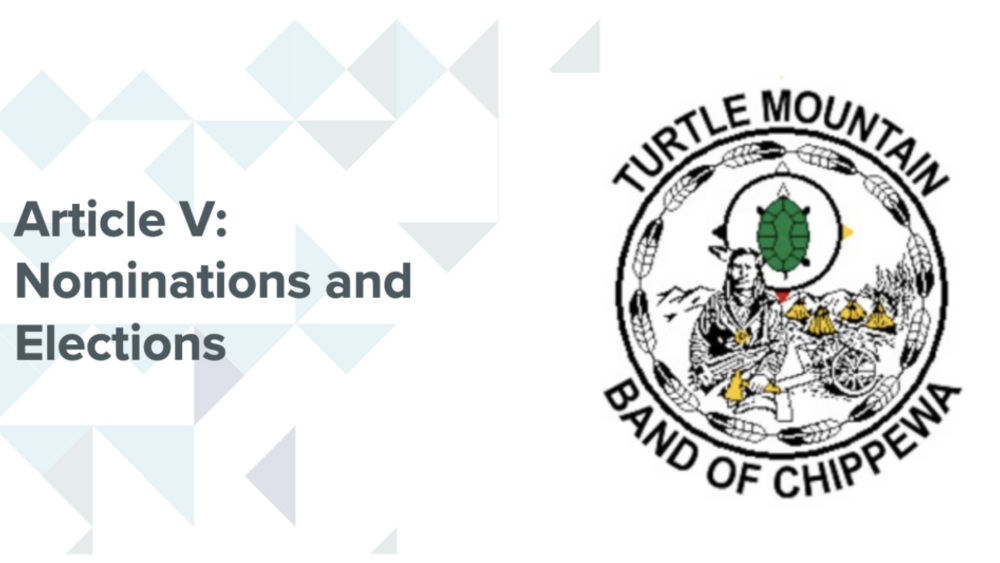
Turtle Mountain Band of Chippewa Indians: Elections Excerpt
ARTICLE V NOMINATION AND ELECTIONS Section 1. All elections shall be conducted by secret ballot. The candidate or issue receiving the greatest number of votes cast shall prevail. In the event more than one representative is required to be elected for a district, the positions shall be filled…
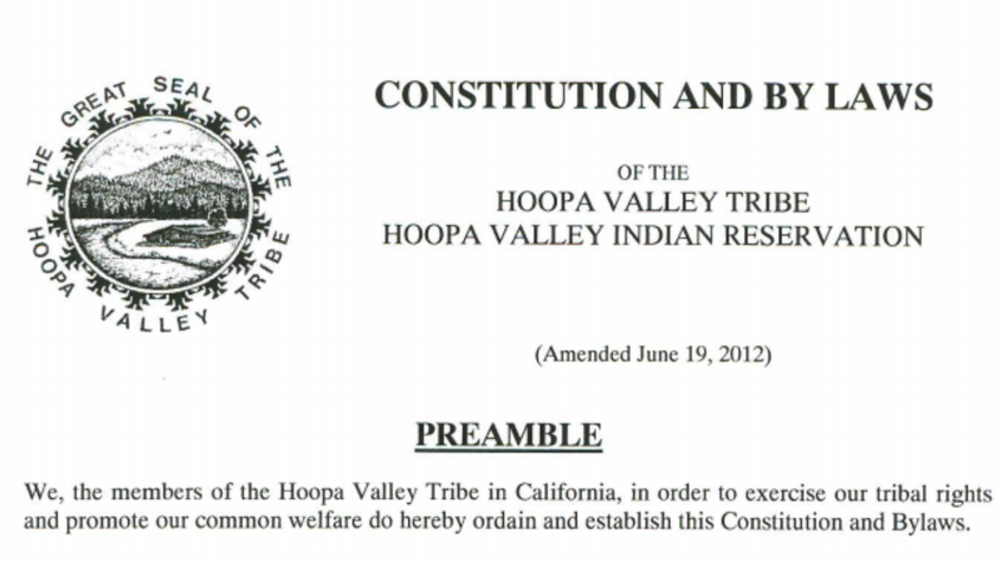
Hoopa Valley Tribe: Recall, Removal, & Vacancies Excerpt
ARTICLE VII - VACANCIES, REMOVAL, RECALL AND REFERENDUM Section 1. If any member of the Tribal Council or other elected official shall die, resign, be removed from office or shall be found guilty while in office of a felony or misdemeanor involving moral turpitude in any Indian, State or Federal…
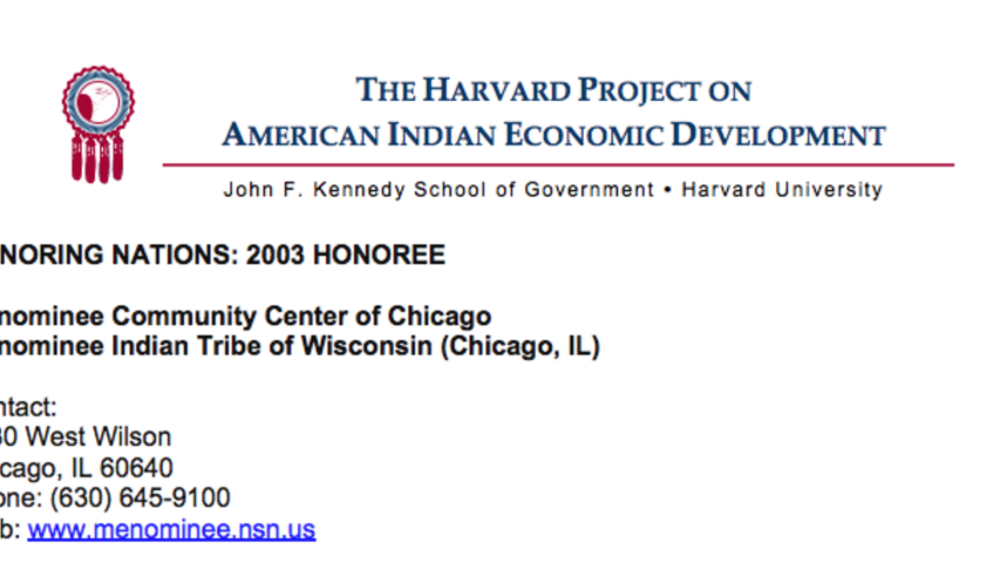
Menominee Community Center of Chicago
A unique partnership between an urban Indian center and a tribal government, the tribally funded Community Center serves nearly 500 Menominee tribal citizens living in the greater Chicago area. The Center and the tribal government work together to ensure that all of its citizens are actively…

Tribal Per Capitas and Self-Termination
For many Indian families, tribal per capita payments help meet their most basic needs. They buy food, pay heating bills, make car payments, and open savings accounts. As a Dry Creek Rancheria Band of Pomo Indians leader explains, per capita monies have given historically impoverished Indian…
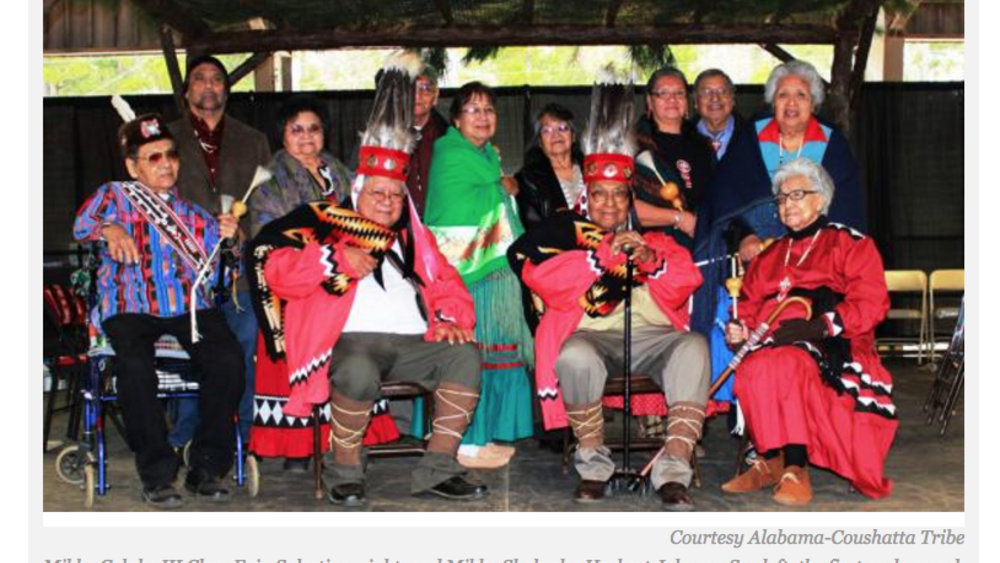
A Lifetime Journey: Alabama-Coushatta Name New Chiefs
For the first time in nearly two decades, the Alabama-Coushatta Tribe of Texas is welcoming a new principal and second chief. The 1,200-member tribe, located on 4,500 acres of land north of Houston, elects its chiefs to life terms. An inauguration ceremony held January 1 was the first such event…
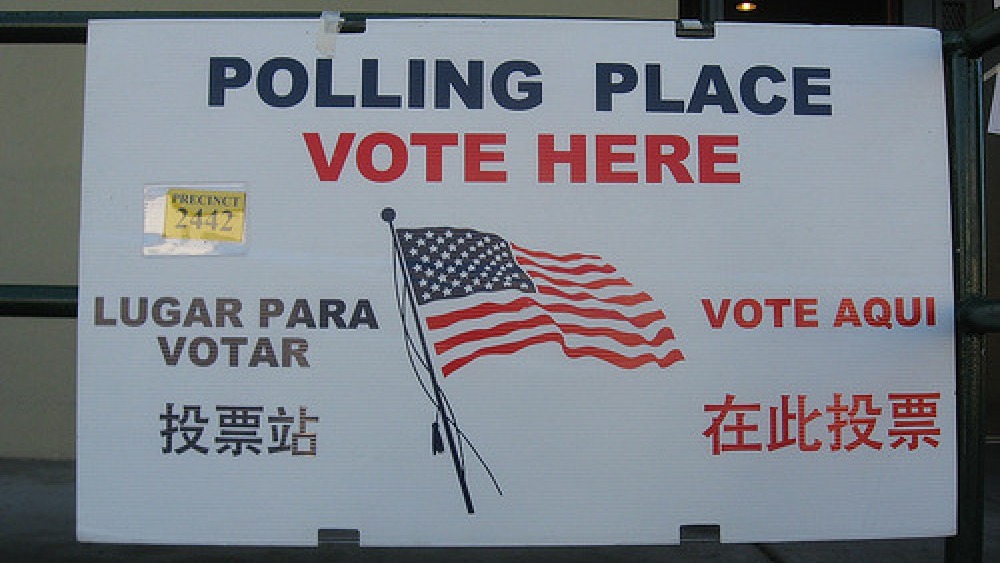
South Dakota Indians Sue for Early Voting
Native Americans have never had an easy time getting to vote in South Dakota. In 1977, the state attorney general dismissed the Voting Rights Act as an “absurdity” and advised state officials to ignore the federal law. The state didn’t allow Native Americans into polling places until the 1940s,…
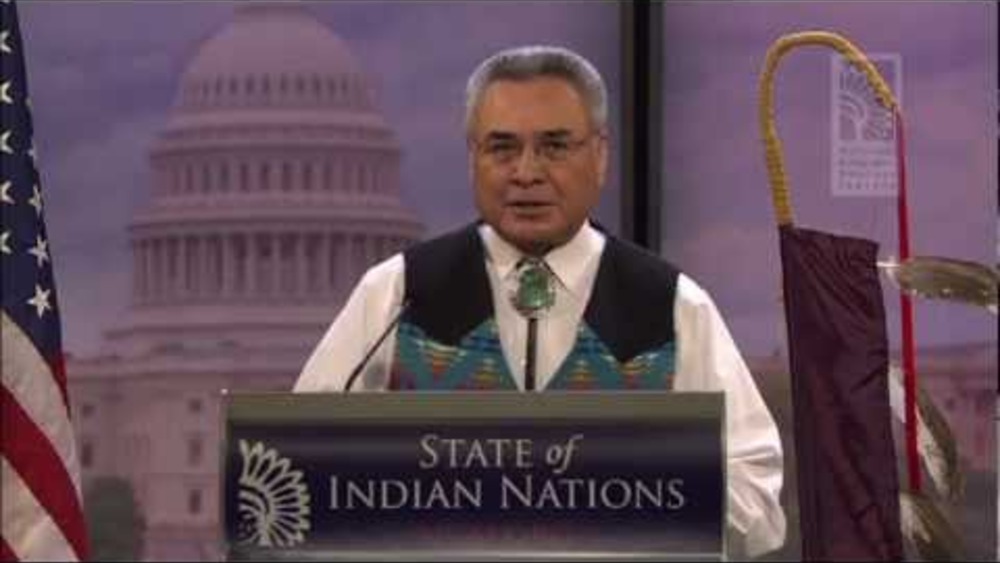
2012 NCAI State of Indian Nations
Jefferson Keel, President of the National Congress of American Indians (NCAI) delivers the 2012 State of Indian Nations Address. The nationally webcast and radio address delivered just days after the 2012 State of the Union Address by President Obama, charts a path for tribes to play a vital role…
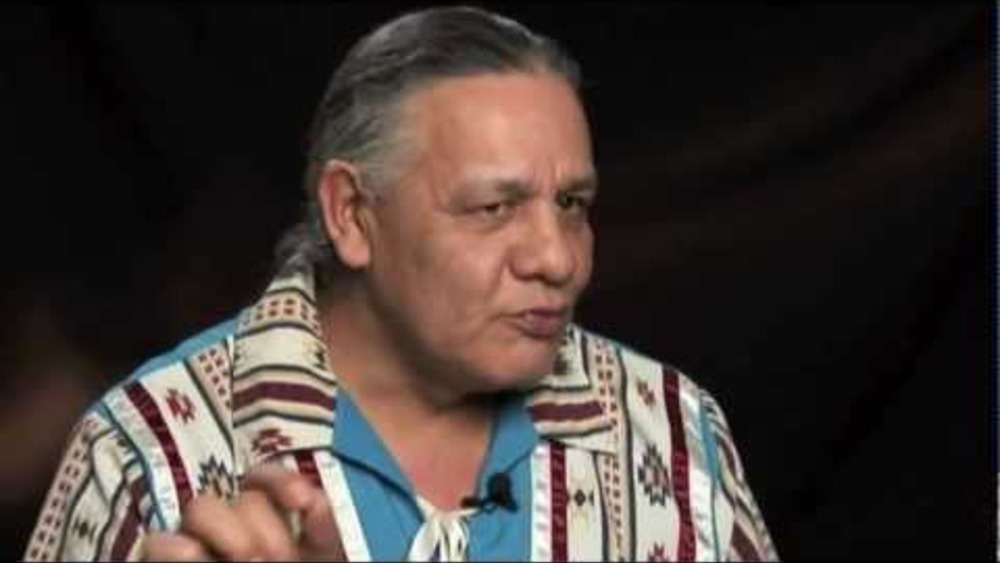
Chief Dale Awasis: Thunderchild First Nation
Chief Awasis of ThunderChild First Nation talks about traditional governance from before contact, Indian Act governance and how some nations are beginning to combine them into a third type of governance.
